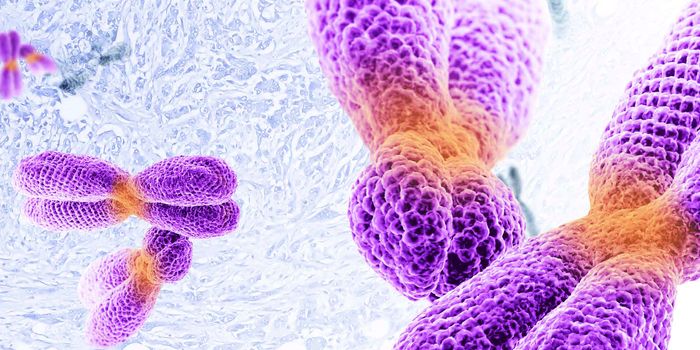Aronia Berries: Anti-Cancer and Other Benefits
Aronia berries (“aronia”), which grow on deciduous shrubs primarily in North America and Eastern Europe, contain a high proportion of micronutrients called polyphenols. Polyphenols are usually organic but can be synthesized. They are chemicals known to have anti-oxidant properties – they prevent oxidation, which can lead to cell damage in the body. Polyphenol-rich aronia has been found to provide a variety of health benefits when consumed, including in the prevention of the spread of cancer and the amelioration of cardiovascular problems. Aronia is also sometimes called chokeberry because it has a markedly tart and mouth-drying taste.
Aronia’s Cancer-related Benefits
A 2004 study in the Journal of Agricultural and Food Chemistry discovered that aronia was able to slow the growth of colon cancer cells. Grape and bilberry extracts were also “investigated for their potential chemopreventive [(preventing disease progression)] activity against colon cancer,” and aronia had the highest cancer-inhibitive properties.
In 2009, research was conducted into how plant antioxidants like aronia can protect cells against the oxidative stress observed in breast cancer patients. Aronia extract was proven to reduce cell damage and to have a “protective role” for “patients with breast cancer in vitro” (in tests performed with samples outside of the organism).
Aronia’s Numerous Other Health Benefits
Other studies and inquiries have found aronia to offer positive results for a variety of illnesses, including diabetes, heart disease and liver damage. In 2015, it was found to improve immune response and reduce diabetes-related oxidative stress and inflammation. It has also been shown to fight insulin resistance and to improve obesity and glucose levels.
In 2016, aronia juice was able to improve liver damage symptoms in mice. Multiple studies during the last decade into its effects on the cardiovascular system have had positive results. This micronutrient has been shown to relax arterial tissue and improve 
In a 2015 research inquiry, aronia was discovered to have the most polyphenols out of 143 plants known to contain them. It contains many other beneficial nutrients, including vitamin B-1, B-2, B-6, C and K, folate, niacin, pantothenic acid, tocopherols, zinc, calcium, iron, sodium, potassium, and magnesium.
How to Consume Sharp-Tasting Aronia and Polyphenols
While aronia has a bitter flavor that is known to cause a dry-mouth sensation, it does not have to be eaten raw. The berries can be consumed fresh or made into baked goods like muffins and pies, drinks like juices, teas and wines, or jams. Aronia can also be ingested as a nutritional supplement.
Polyphenols can be found in other food sources, including cloves, dark chocolate, cherries, beans, nuts, spinach, soy, green and black tea, and red wine.









